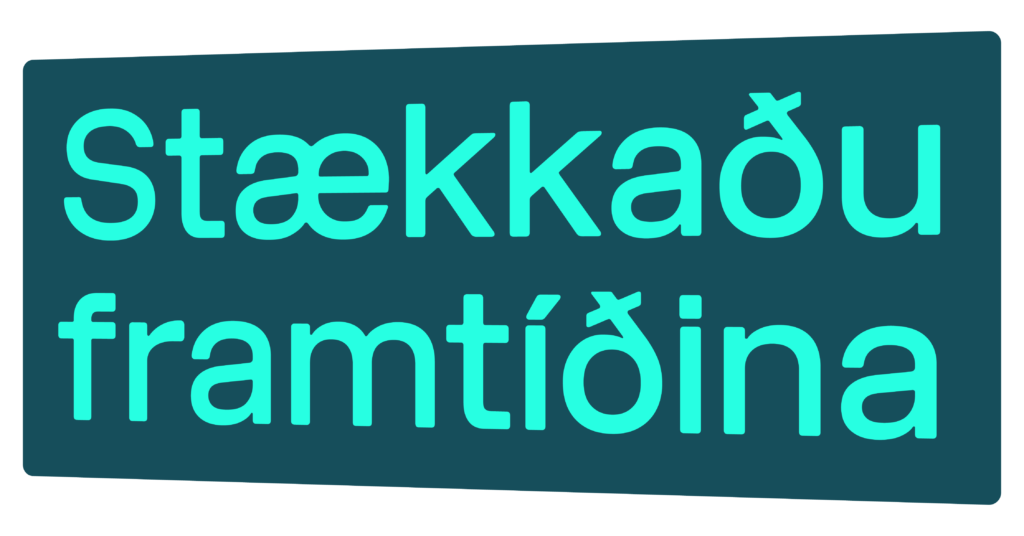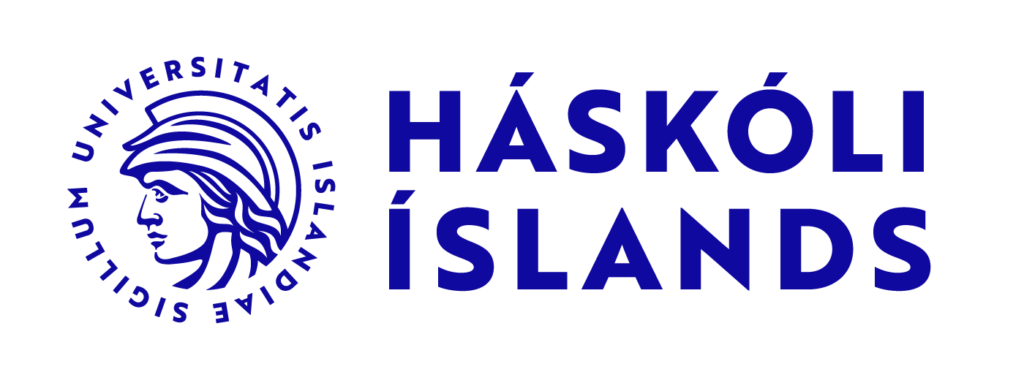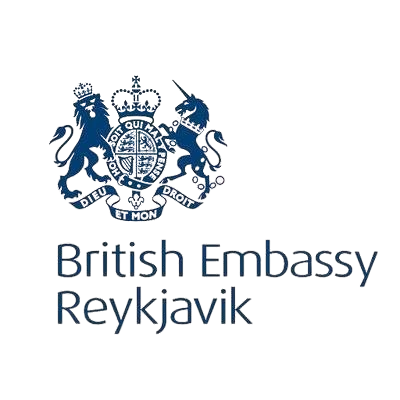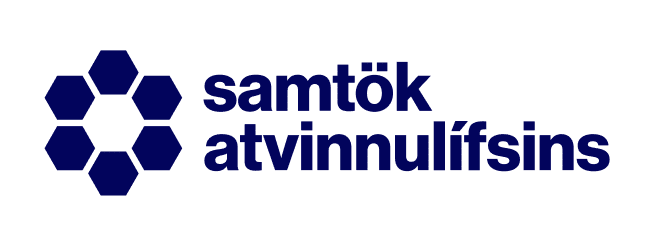International data show that too few young people are given the opportunity to explore their future career options through direct engagement with the world of work. The Expand the Future initiative and the Our Future survey are aligned with these global priorities.
A new OECD report on youth career development (May 2025) highlights that young people around the world have limited access to guidance and real-life insight into jobs and their future opportunities. New data from PISA 2022 show that 40% of 15-year-olds feel uncertain about their future careers—a significant increase since 2018. Career uncertainty has risen in most OECD countries and is clearly linked to low participation in career development activities, as well as a lack of confidence and future vision.
Stækkaðu framtíðina is based on and closely collaborates with its British counterpart Inspiring the Future, which has been featured by both the OECD and media outlets such as the Daily Mail as an example of effective career education. Such collaboration enhances students’ realistic outlook on their future and can have measurable impact on their life opportunities. Nick Chambers, founder and CEO of Inspiring the Future in the UK, wrote the foreword to the new OECD report and hosted the international webinar where the report’s findings were launched in May 2025.
In its latest reports, the OECD emphasizes that schools must ensure all students have the opportunity to:
- meet role models from the world of work;
- talk with career guidance professionals;
- learn about a wide range of careers;
- understand the connection between education and employment;
- develop a realistic vision of their own future opportunities.
Global Youth Career Development Database: OECD Dashboard
For the first time, the OECD has compiled and published an accessible comparative data tool:
Teenage Career Readiness Dashboard
Based on responses from 690,000 fifteen-year-olds in 80 countries and economies, the dashboard shows:
- the ten most common career aspirations of girls and boys in each country;
- participation in career development activities (e.g. visits, interviews, counseling);
- links between career exploration and improved future labor market outcomes;
- disparities based on social background and gender.
New Report Confirms the Serious Situation and the Need for Early Intervention
The State of Global Teenage Career Preparation summarizes key findings from PISA and other research. It shows that:
- Young people’s career aspirations have changed little since 2000 and rarely reflect actual labor market demand.
- Occupational gender segregation persists – few women are in tech fields and few men in care-related roles.
- Social background has more influence than academic performance on young people’s educational and career choices.
- Too few youth have the opportunity to talk to working professionals or go on workplace visits.
International Analyses Show the Impact of Career Education
- A study in Madrid, Spain shows that young people who took part in career development during adolescence were less likely to become NEET (not in education, employment, or training) and had more positive attitudes toward transitions into further study and work after compulsory schooling.
Read more - In Norway, a large majority of students who express career aspirations focus on relatively few occupations, although interest in vocational careers is higher than in most countries. Still, direct contact with workplaces is rare before age 15.
Read more - A study in Wales shows that students focus heavily on traditional careers, although gender and social inequalities appear to be decreasing.
Read more
Stækkaðu framtíðina – A Digital Platform Strengthening School–Workplace Connections
The Stækkaðu framtíðina project has been developed in Iceland in recent years and is aligned with the OECD’s main recommendations. Its goals are to:
- offer all primary schools access to volunteers from diverse professional backgrounds;
- ensure that students, starting in first grade, have the opportunity to learn about various occupations;
- use a digital platform to facilitate cooperation between teachers and the labor market.
Okkar framtíð – A Survey That Listens to Students’ Voices
Alongside the platform, Stækkaðu framtíðina is conducting data collection through the Okkar framtíð survey, where children and youth share their own ideas, dreams, and concerns about the future. The survey includes:
- Drawing the Future (for grades 1–7)
- Your Voice (for grades 8–10)
The survey is developed in collaboration with Inspiring the Future (UK), the Ministry of Education and Children, and the Ministry of Culture, Innovation, and Higher Education. The results support both policy-making and the ongoing development of the project and career education.
Links and Further Information:







